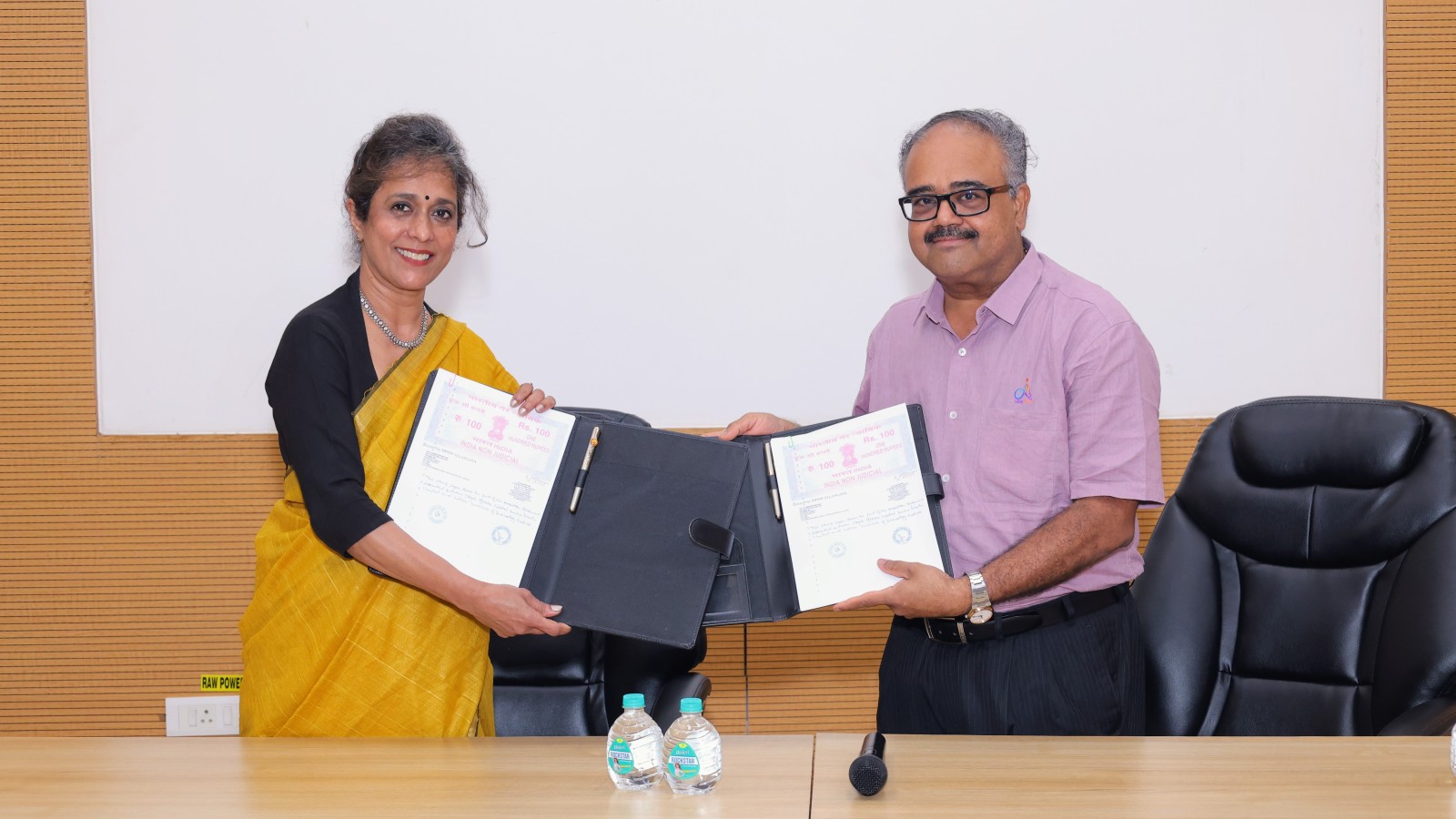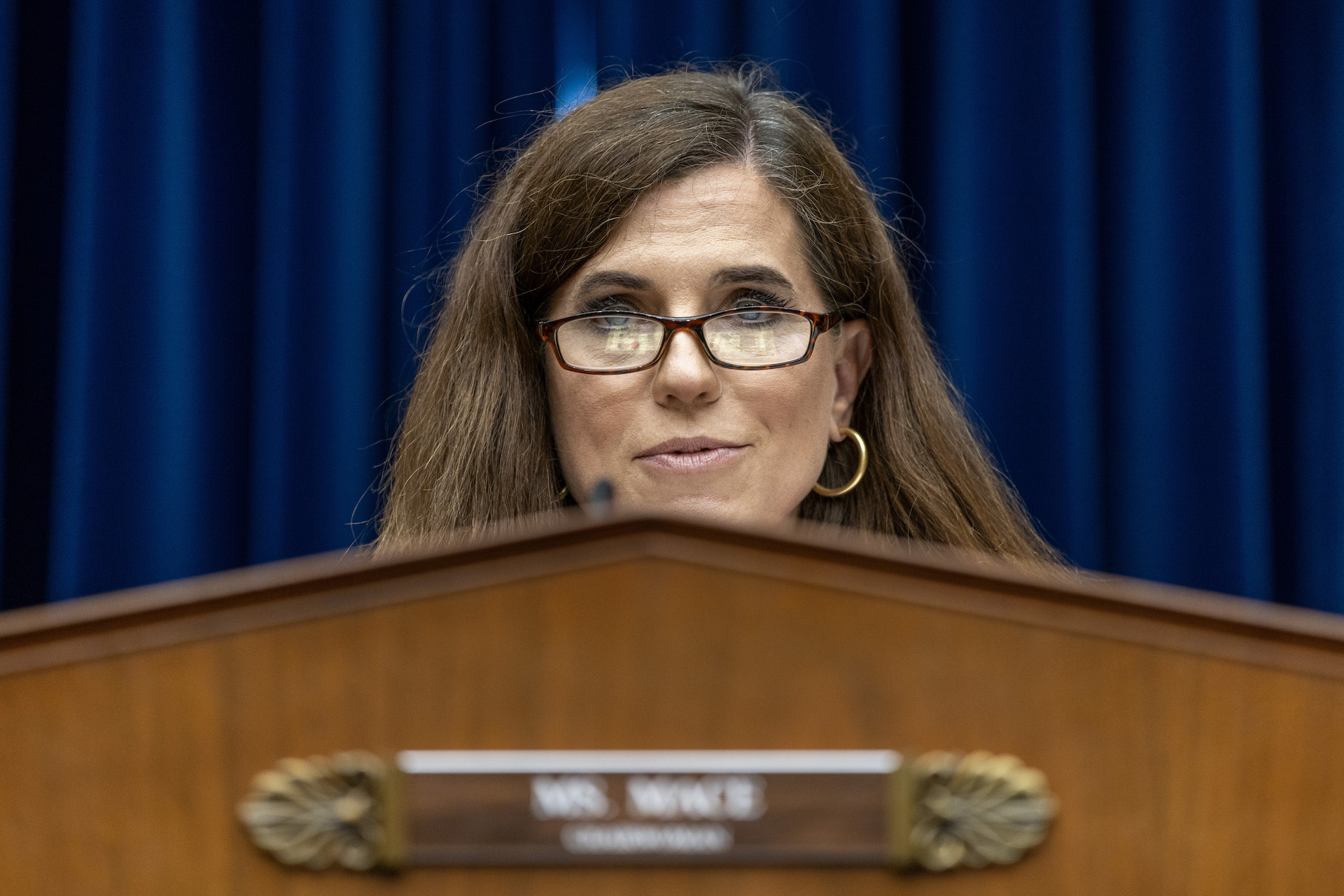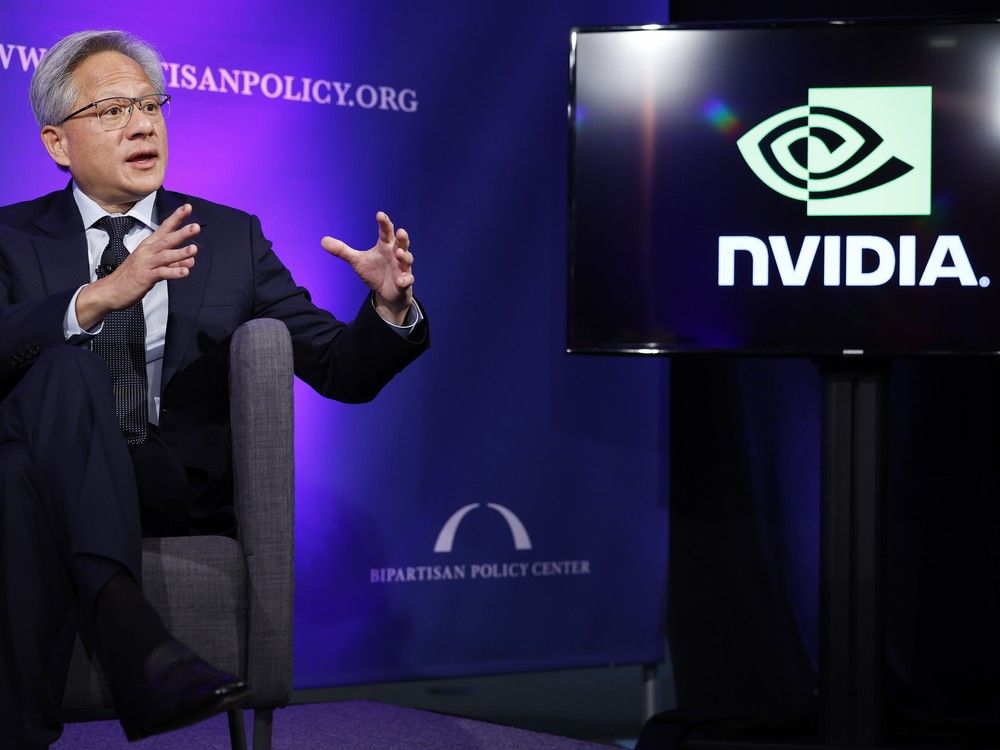Rubio Warns of AI Impersonation Risks: 'A Real Threat' in the Digital Age
Senator Marco Rubio has raised serious concerns about the growing threat of AI-powered impersonation, following a disconcerting incident where he received an AI-generated voicemail mimicking his own voice. While acknowledging that such technology is becoming increasingly prevalent, Rubio emphasized the potential for misuse and the need for proactive measures to safeguard against malicious actors.
The incident, which involved a sophisticated AI voice clone of Rubio, highlights a worrying trend in the rapid advancement of artificial intelligence. Rubio described the experience as a “real threat,” stressing that the technology is becoming increasingly accessible and capable of convincingly replicating individuals' voices and likenesses. This has significant implications for political discourse, personal security, and even national security.
“This is a real threat,” Rubio stated, “because it’s becoming so common. And it’s only going to get worse.” He pointed out that while AI technology offers numerous benefits, its potential for malicious use – including disinformation campaigns, fraud, and identity theft – cannot be ignored.
The Rise of AI Voice Cloning
AI voice cloning technology has made remarkable strides in recent years. With relatively small samples of a person's voice, AI algorithms can now generate realistic audio that is virtually indistinguishable from the original. This capability has fueled both legitimate applications, such as voice assistants and accessibility tools, and concerning possibilities for deception and manipulation.
Political and Security Implications
The implications for politics are particularly acute. AI-generated audio could be used to create fake endorsements, spread false information, or even impersonate political leaders to incite unrest or influence public opinion. Rubio’s warning underscores the need for heightened vigilance and the development of effective countermeasures to detect and combat AI-driven disinformation.
Beyond politics, the technology poses a threat to individuals and businesses alike. Fraudsters could use AI voice cloning to impersonate family members or colleagues, tricking victims into transferring funds or divulging sensitive information. Businesses could face reputational damage and financial losses if their executives are impersonated in fraudulent schemes.
What Can Be Done?
Addressing the challenges posed by AI impersonation requires a multifaceted approach. Rubio’s call for action highlights the need for:
- Technological Solutions: Developing tools and techniques to detect AI-generated audio and video.
- Legislative Frameworks: Establishing legal frameworks to deter and punish the malicious use of AI impersonation technology.
- Public Awareness: Educating the public about the risks of AI impersonation and how to identify potential scams.
- Industry Collaboration: Encouraging collaboration between technology companies, policymakers, and researchers to develop responsible AI practices.
Rubio’s experience serves as a stark reminder of the evolving landscape of digital threats and the urgent need to adapt to the challenges posed by increasingly sophisticated AI technologies. As AI continues to advance, it's crucial to proactively address the potential for misuse and safeguard against the risks of impersonation and disinformation.
The Senator’s comments are likely to spur further debate about the ethical and societal implications of AI, and the need for responsible innovation that prioritizes security and trust.






